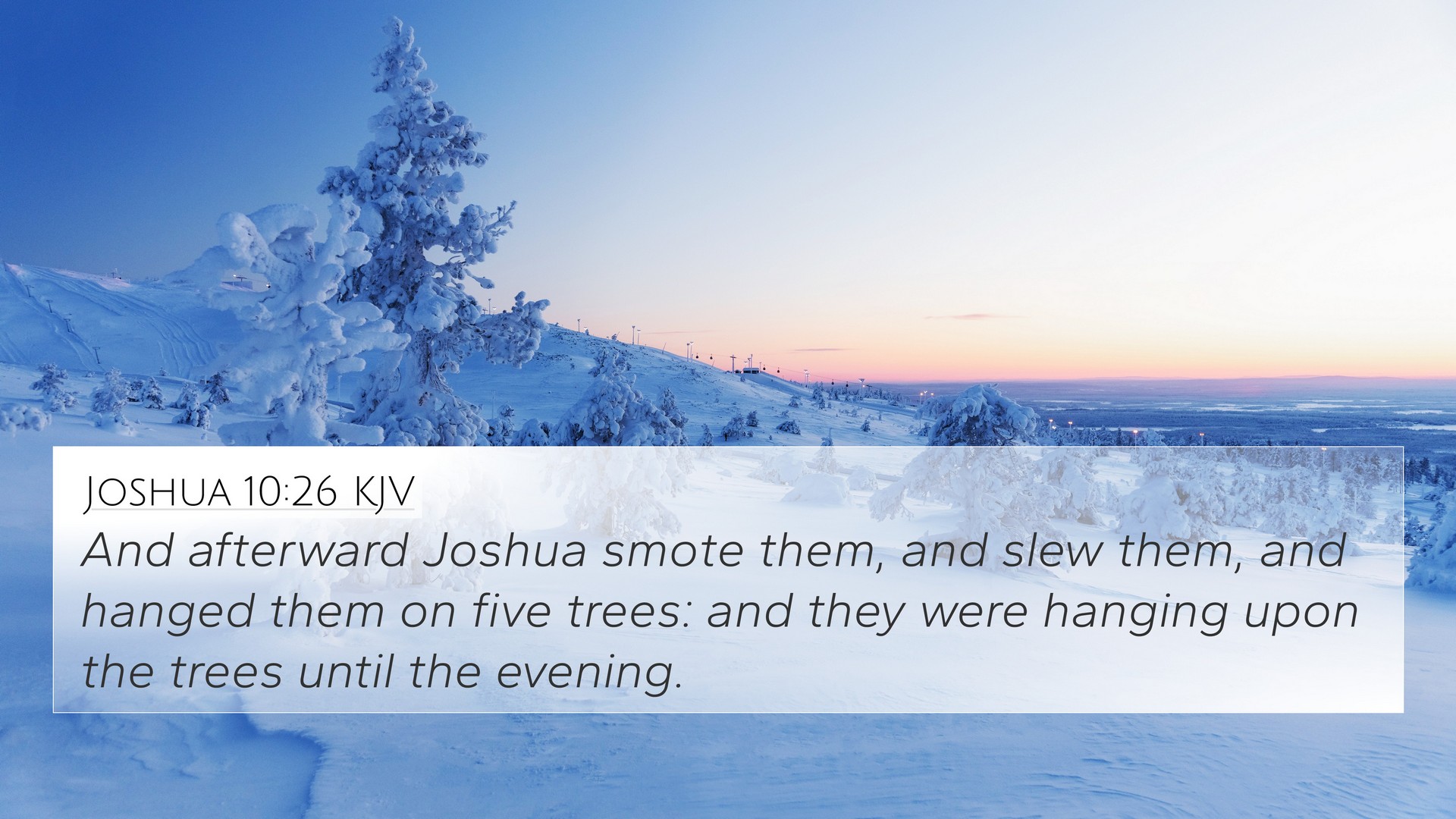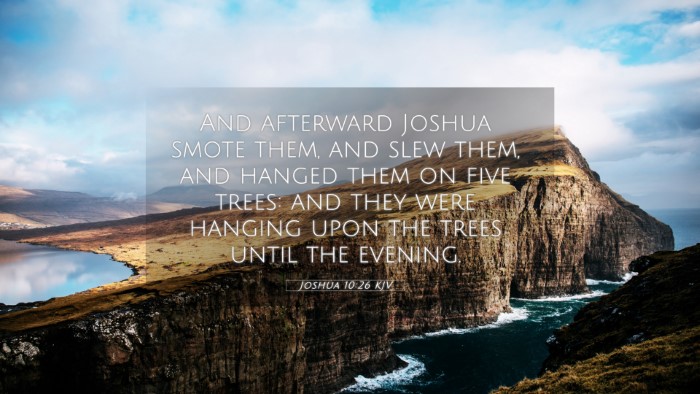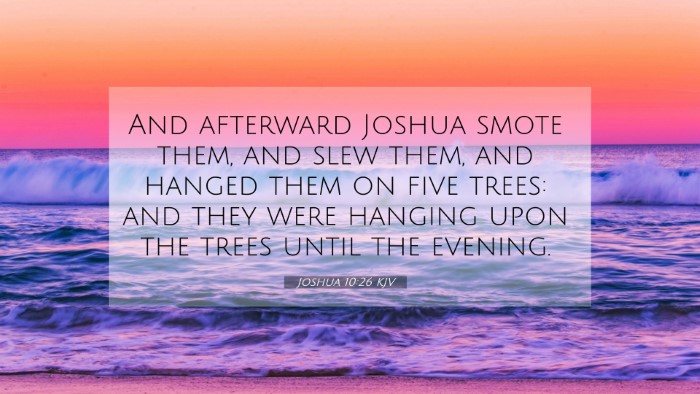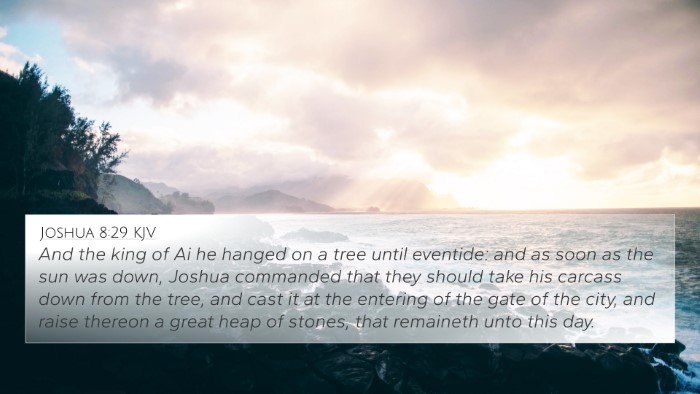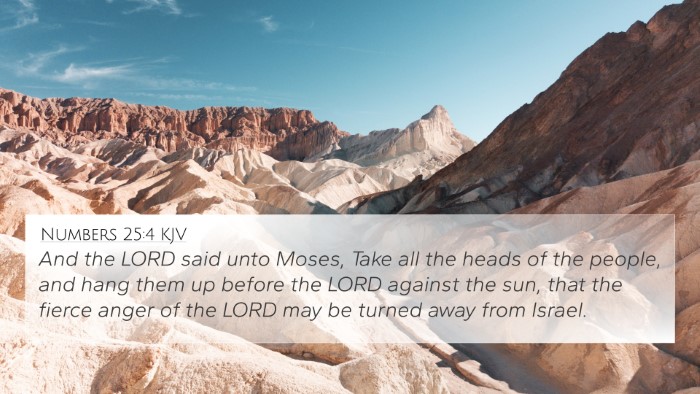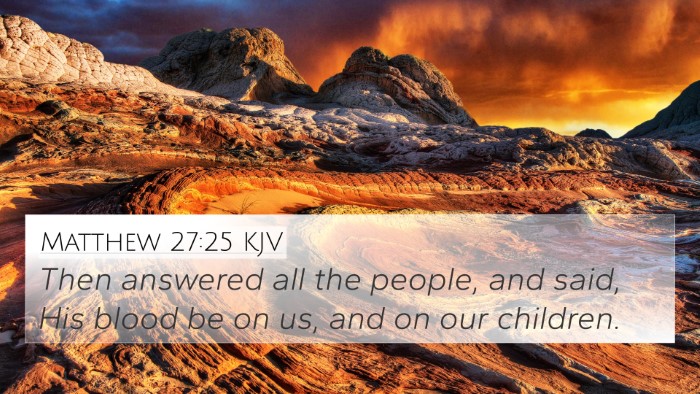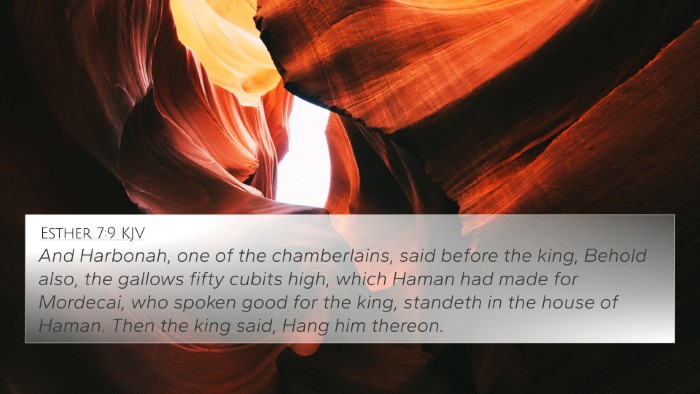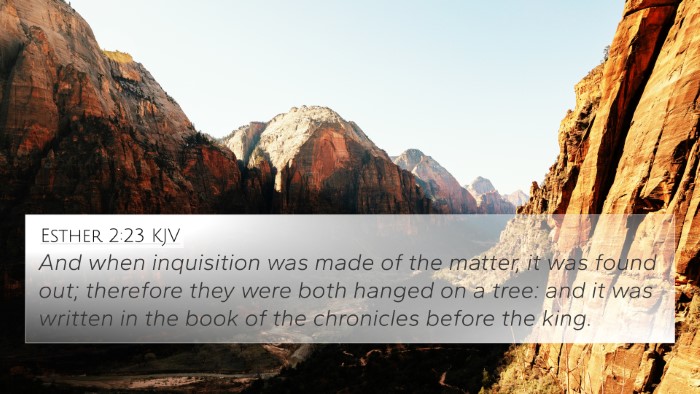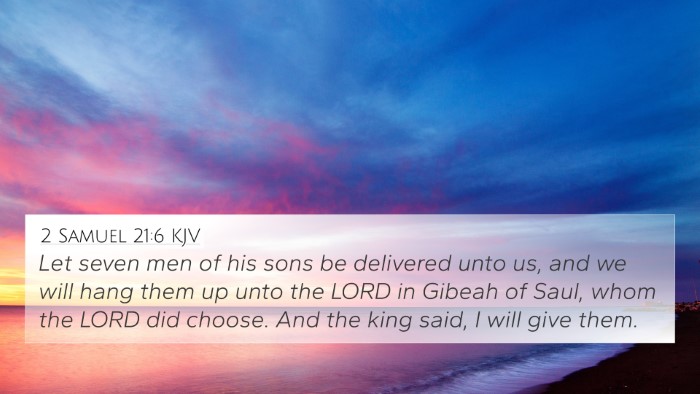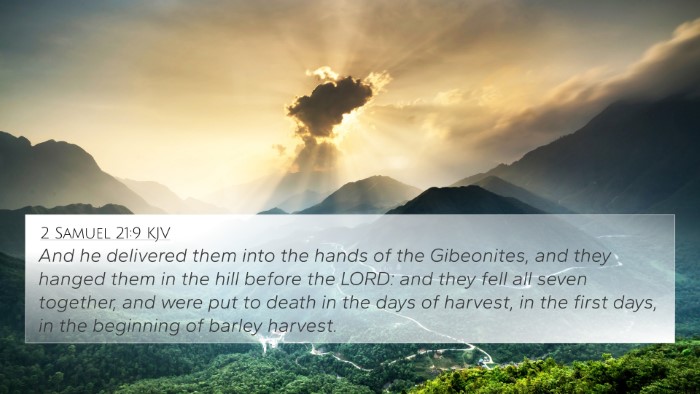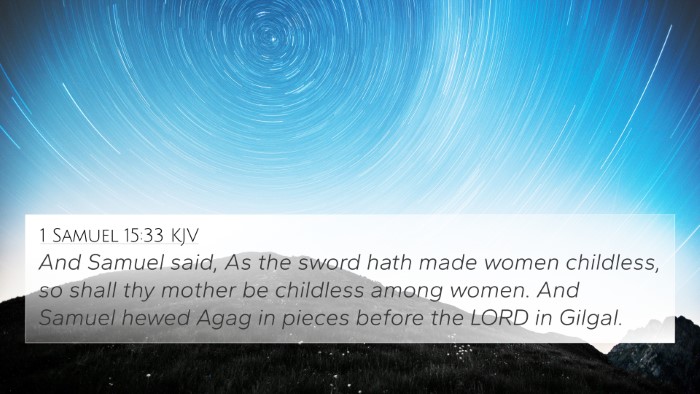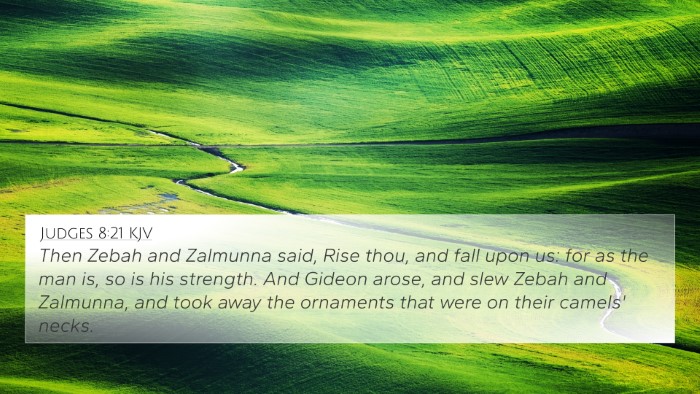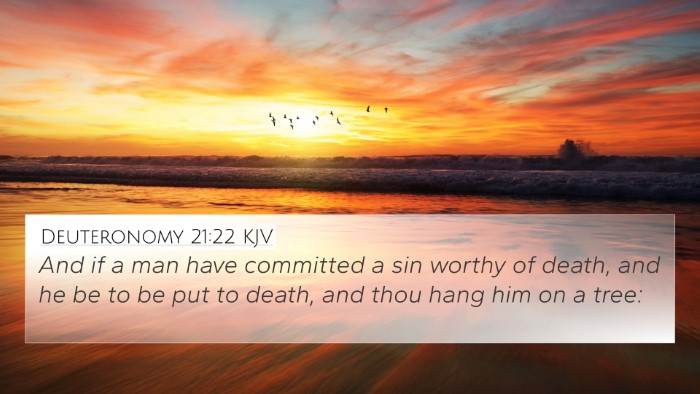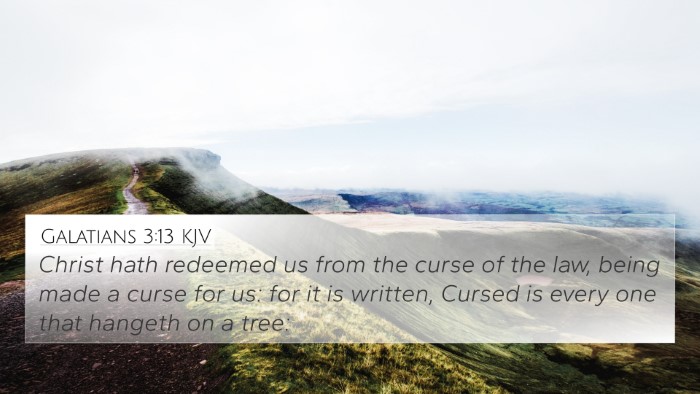Understanding Joshua 10:26
Joshua 10:26 states, "And afterward Joshua struck them and killed them, and hanged them on five trees; and they were hung on the trees until evening." This verse, while depicting a harsh scene from the conquest of Canaan, serves to deliver deeper moral and theological lessons central to Israel's identity and the narrative of the Scriptures.
Contextual Overview
The context of Joshua 10 involves the Israelites engaging in warfare against the Amorite kings. After a miraculous display of God's power in stopping the sun, the defeat of these enemies had both symbolic and practical implications for Israel's understanding of divine assistance in battle. The act of hanging the kings was both a demonstration of finality in their defeat and a means of public humiliation.
Thematic Connections
The themes illustrated in Joshua 10:26 relate profoundly to God’s judgment, the consequences of sin, and Israel's role as a divine instrument throughout history. According to public domain commentaries:
-
Matthew Henry: Highlights the significance of divine justice and the gravity of opposing God’s people, indicating that those who rise against God will face dire consequences.
-
Albert Barnes: Mentions the actions of Joshua as a fulfillment of God’s commandments concerning the adversaries of Israel, symbolizing the ultimate fate of those who oppose divine will.
-
Adam Clarke: Emphasizes the significance of public humiliation as a strategy in ancient warfare, suggesting this act deterred future rebellion against Israel, showing the seriousness with which God regards idolatry and sin.
Bible Verse Cross-References
Joshua 10:26 draws multiple connections through the scriptures, allowing for a robust analysis through cross-references. Here are several key references:
- Deuteronomy 21:22-23: Discusses the law regarding hanging a body on a tree, emphasizing it as a curse.
- Galatians 3:13: Reflects on Christ becoming a curse for us, linking back through this same imagery.
- 1 Samuel 31:10: Explores the dishonor of King Saul, closely paralleled in the fate of Joshua's enemies.
- 2 Samuel 21:12: Draws a connection to the fate of the descendants of Saul as they were hung as payment for his sin.
- Romans 1:18: Contextualizes God’s wrath against unrighteousness, aligning with the judgment depicted in Joshua.
- Hebrews 11:30-31: Gives a summary of by faith the walls of Jericho fell after being encircled, evidencing God’s guidance in Israel's conquest.
- Revelation 6:8: The imagery of death and power associated with the four horsemen mirrors the adversaries met in Joshua's battles.
Cross-Referencing Biblical Texts
This verse invites us to undertake a comparative analysis of the Old and New Testaments, illuminating the continuity of God’s justice throughout scripture. It provides a lens through which we can view God's dealings with sin:
-
The Importance of Alignment: Joshua’s actions align with broader themes of righteousness and divine judgment within biblical narratives, recalling stories of other figures who executed divine justice.
-
Inter-Biblical Dialogue: The connections made through cross-references illuminate the overarching narrative of redemption that runs through scripture.
Implications for Modern Readers
For contemporary readers, Joshua 10:26 serves as a reminder of the seriousness of opposing God and the nature of justice. The consequences faced by the Amorite kings can be reflective of the consequences faced in our own lives when we disregard God’s commandments.
Additionally, the verse opens up discussions on themes of grace and judgment, especially when juxtaposed with the New Testament understanding of Christ's sacrifice as the ultimate fulfillment of the law's requirements.
Tools for Bible Cross-Referencing
To explore these connections further, various tools can aid in your study:
- Bible Concordance: Useful for finding specific verses related to a theme, often providing cross-referenced scriptures.
- Bible Cross-Reference Guide: Offers easy navigation between related scripture passages.
- Cross-Reference Bible Study: Involves methods to delve deeper into themes and motifs across the Bible.
Conclusion
Joshua 10:26 does not merely recount a historical event; it invites readers into an interwoven dialogue of theology, morality, and divine justice that permeates the entirety of Scripture. Through careful cross-referencing and thematic analysis, one can uncover the profound implications this verse holds for understanding God's nature and His expectations of humanity.
